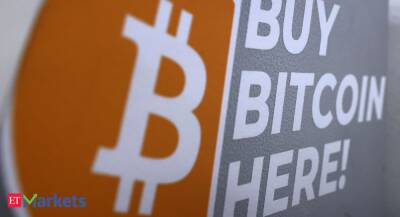A market for crypto carbon offsets is reportedly booming, and its drawing DeFi entrepreneurs and big investors like Mark Cuban
Marco Bottigelli/Getty Images
Millions of credits for greenhouse-gas emissions are now connected to new cryptocurrencies, according to a report by The Wall Street Journal, with the fast-growing market attracting DeFi projects and investors like billionaire Mark Cuban.
Proponents say crypto can bring more transparency to carbon credits, which stem from projects such as establishing renewable-energy farms. Many companies buy them to compensate for their emissions. But while the projects receive third-party certification, the credits are traded on unregulated markets.
Among market participants, WSJ highlighted Toucan, a decentralized finance project that lets users who own carbon credits link them to digital tokens called BCT, which went live in October. BCT stands for Base Carbon Tonne and the tokens can be traded on cryptocurrency exchanges.
More than 17 million carbon credits have been tied to BCT tokens, the WSJ said. And the tokens traded for as much as $5.59 on Monday, according to CoinGecko, representing a value of roughly $95 million on crypto exchanges.
Toucan told WSJ it's working to overhaul the voluntary carbon market in part by providing real-time pricing information and a public record of trades to track who can take credit for funding projects to improve the climate.
The report noted that trading in BCT has been driven by Klima, a separate crypto asset run by KlimaDAO. The decentralized autonomous organization allows people to buy Klima tokens, which are traded on cryptocurrency exchanges, with BCT tokens. The DAO then keeps the BCT tokens in its treasury, removing them from circulation. More than 14 million BCT tokens have followed this route and can't be used for carbon offsets.
The WSJ reported that the
Read more on markets.businessinsider.com markets.businessinsider.com
markets.businessinsider.com








